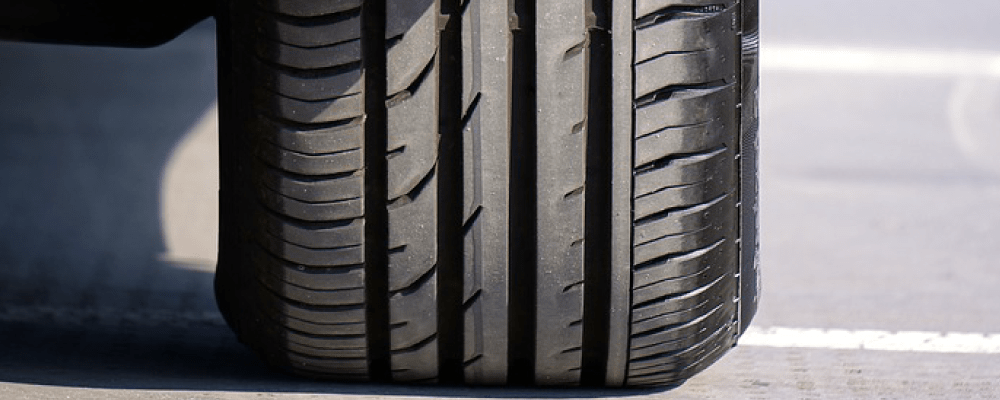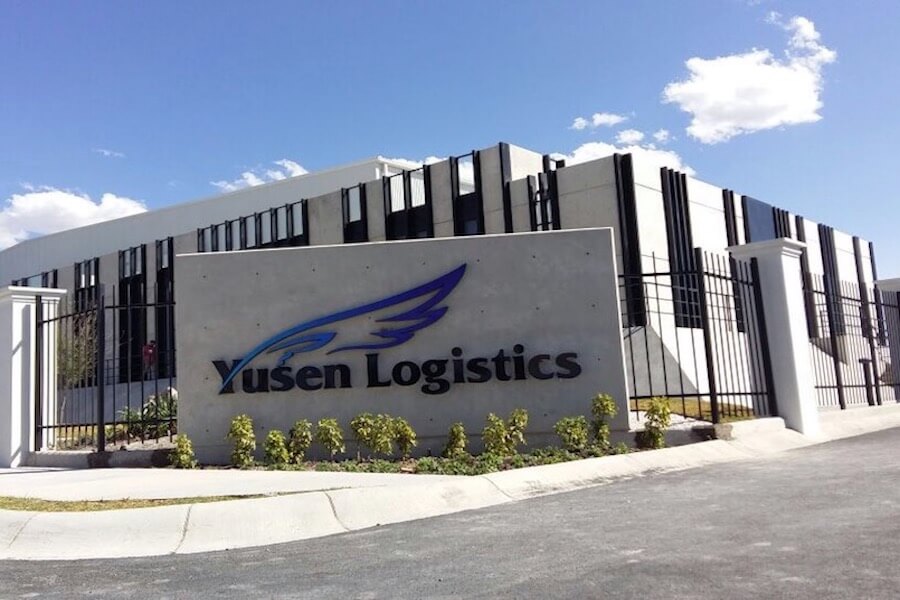Recent months have seen new anti-dumping legislation implemented in the EU, a significant turning point in the tyre market. Cheaper Chinese imports are being banned and, in their place, Truck and Bus operators are faced with either investing in higher priced European tyres or downgrading to cheaper re-treaded tyres.
But the new legislation raises crucial questions: is it really fair on fleet operators – and in turn consumers – as tyre prices will inevitably increase? Is it really a conclusive solution? And are there not other areas of the tyre market that require legislation?
Is this legislation really a positive step for the industry?
The Anti-Dumping Legislation
Last year, a complaint was lodged to the European Commission that was backed by over 45% of tyre producers. It alleged that imports of new and retreaded tyres were being dumped by the People’s Republic of China and were causing material injury to the Union industry.
By dumping – selling goods to a foreign export market below cost price – Chinese manufacturers took the top spot for ‘value’ tyres. Evidence provided by the Union showed that the volume and the prices of the imported product had, among other consequences, led to lower numbers being sold by the Union, resulting in a substantially lower performance in EU businesses and an overall much tougher employment market in general.
To tackle the issue, EU parliament approved an anti-dumping duty last November: an import duty charged in addition to normal customs duty, applied across the whole EU, designed to take action against goods that are sold at less than their normal value. MEPs adopted the rules with 554 votes for, 48 against and 80 abstentions.
What Could It Mean?
New legislation could increase the price of Chinese imports by up to £75; this could mean some tyres double in price. Sales of these tyres are therefore expected to decrease substantially as consumers can now get a better quality European-manufactured tyres for the same increased price.
Whilst the new legislation will open up the market to European firms in the short term, there are still many questions around the long-term implications.
Firstly, is the problem really solved? Surely Chinese manufacturers can just move their sites – just like Giti did to Indonesia – in which case they can continue to produce and sell goods cheaply again and the market hasn’t changed.
Secondly, is it really fair to the consumer? For people – and companies – buying these tyres, the budget option has been removed and prices for tyres will increase substantially. They will now be forced to pay for the more expensive option.
Finally, will European companies really benefit, or will this legislation just re-open the budget position to remoulds and retreaded tyres? When retreading is applied to casings of spent tyres, they can be resold more cheaply. This market plummeted upon the introduction of Chinese tyres; retreaded tyres are usually worse quality and they do not have the same longevity so people paying in the range could get better for their money in Chinese exports. Now as the Chinese tyres are banned, remoulds may be the only viable alternative for companies and consumers who cannot afford the expensive option.
Conclusion
Whilst many questions remain unanswered, the biggest one still stands: should other legislation be considered? All of these possible scenarios point to bigger problems that need to be solved. Is anti-dumping legislation really the right move for the tyre industry? There is, for example, in the car tyre market, no legislation against the use of part worn tyres.
Whatever happens, there will be a substantial change in the hiring market. With Chinese imports taking the back seat, room for expansion now exists for European firms, for which more staff – especially strategic ones at senior level – will be needed. More production facilities will create demand at the new locations.
CSG specialise in placing senior level roles across Europe in the Tyre industry. From Sales and Operations to C-Level Board staff, we place across a huge array of business-critical functions, and have the networks and experience required to make those placements count. To hear more about my services or for any other queries or advice, you can reach me at mark.beattie@csgtalent.com or + 44 (0) 7909 222 639.





